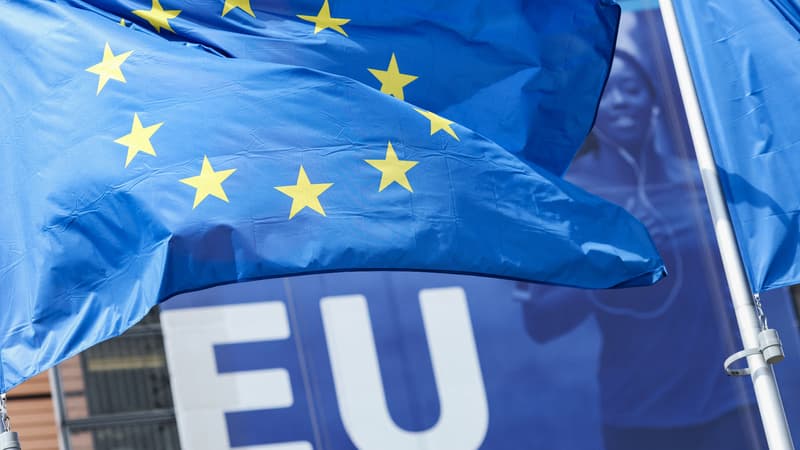These are the paths explored by Brussels and those that are still being debated.
• Reform flagship gas market index
The Commission wants to review the Dutch market index TTF, used as a reference in the transactions of European gas operators. According to Brussels, its rise was fueled by speculation and investor concerns, which “artificially” inflated prices.
Brussels wants to create an alternative index within six months, more representative of the reality of supply and cash for the next season of filling reserves.
Until then, the Commission recommends “a temporary mechanism” to correct prices. According to a European source, it would be a “dynamic corridor”, a range that frames the price fluctuations in the TTF market, which would make it possible to moderate the volatility of gas prices. A short circuit would limit any exceptional overheating.
A joint letter bringing together Italy, Poland, Greece, Belgium, the Netherlands and unnamed “other states”, consulted by AFP, referred on Thursday to a “price broker” for the wholesale market, while emphasizing that “Opinions differ on its feasibility.” economic efficiency” and the risk of supply interruptions.
The same letter suggested that an alternative could be to modify the reference to TTF in all existing commercial gas contracts.
• Make joint purchases of gas
The Community Executive wants to reinforce the measures to finally achieve joint purchases of gas at the community level, so that the weight of the block is used to obtain better prices for the reconstitution of stocks before the winter of 2023.
It is also about preventing States from fueling price rises by competing with each other, as they did this summer by filling their reserves at the same time.
The Twenty-Seven had agreed in late March to a common purchasing “platform”, but no transaction has yet been concluded and several states have continued their own negotiations without consultation.
The Commission now wants to successfully conclude its negotiations with “reliable” producers (Norway, the United States, etc.) and should recommend greater involvement of the private sector, bringing together energy groups importers in a consortium or “cartel” of buyers .
• Fall in demand, increase in solidarity
Brussels will present additional tools to further reduce gas demand, states have made widely varying efforts so far.
A proposal will aim to strengthen solidarity for the benefit of States vulnerable to the risk of shortages and that have not concluded an agreement with their neighbors to guarantee their supplies.
• Price of gas for electricity production: the readjusted measure?
France strongly advocates a cap on the price of gas used to generate electricity in the EU. But according to the European source already cited, this measure would not be included in the Commission’s proposals.
This device, already applied in Spain and Portugal, consists of smoothing the electricity operators’ gas bills (the difference with the market price is covered with a public subsidy), to indirectly lower the price of electricity.
But the idea of extending this system to the entire EU has aroused the reluctance of countries reluctant to state intervention in the markets, including Germany and the Netherlands, concerned about uncertainties about its financing and the risk of compromising efforts to reduce demand. in the face of shortage of supply.
In early September, the Commission estimated that such an “Iberian mechanism” across the EU could lead to an increase in gas demand of 45 billion m3 per year, from operators incentivized to produce more electricity, the equivalent to about 10%. of European gas consumption in 2021.
While Spain and Portugal have few connections to the European grid, the system may not work as effectively in other countries, at the risk, for example, of Belgium subsidizing electricity exported to the UK, a European official worries.
However, the Heads of State and Government could agree on Thursday and Friday to study the measure anyway, ensuring that the fixed ceiling “does not lead to a global increase in gas consumption”, according to a draft of the conclusions of the summit consulted by AFP.
Similarly, Brussels will not propose any price ceiling for European gas imports: the idea was raised by Commission President Ursula von der Leyen in early October, but Germany is opposed for fear of interrupting supply, in a global market where liquefied natural gas ships can be easily transported. find other destinations.
Source: BFM TV


